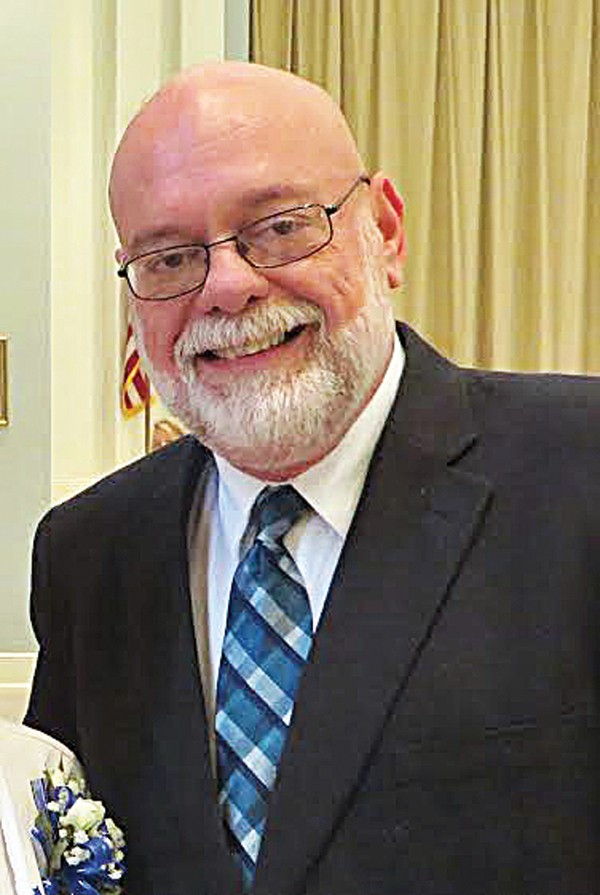In late January, the city’s annual homeless head count revealed a major drop in the number of unsheltered people on Memphis streets. Only 78 unsheltered (meaning not staying in a homeless shelter) people were counted, which is down from 259 in 2012.
Various coordinated citywide efforts to house the homeless have been credited for the drop. And one way homeless people are connecting with housing opportunities is through the Hospitality Hub, a resource center that links people with the services they need.
The Hub has a new CEO, Kim Moss, who has worked with the homeless populations in Memphis and New Orleans for 30 years. Having served as director of Friends for Life in Memphis and Project Lazarus in New Orleans (both nonprofits with a focus on helping low-income people living with HIV/AIDS), Moss brings years of experience dealing with some of the most vulnerable victims of the HIV epidemic. Moss took over the role of CEO at the Hub in early February after moving back to Memphis to be closer to his new grandson. — Bianca Phillips

Kim Moss
Flyer: What does the Hospitality Hub do?
Kim Moss: We’re the point of entry into the homeless service delivery system for single people, male and female. We help them connect with the various organizations that will provide them with the services they need. We also provide substance abuse counseling. We have an employment readiness program.
And we provide the practical stuff, like giving homeless people an address. We have lockers where people can store their belongings. They can have their mail sent here. We have telephones they can use to make calls. We have computers where they can search for jobs and have an email address.
A lot of people don’t have an ID, and you have to have an ID to stay in the shelter. We help them get an ID, and that has to start with getting a birth certificate. That literally can mean playing detective to track these birth certificates down. We pay for that, and we pay for some nights in the shelter for some people we’re working with.
You have years of experience working with low-income people with HIV/AIDS. Why is it so important to get those people housed?
Without stable housing, you’re not as likely to take your medicine on a regular basis. [That] not only puts you at risk for illnesses, but if you’re sexually active, you tend to have a higher viral load so the possibility of infecting other people is higher.
So many [homeless people] are severely and persistently mentally ill. And many have a substance abuse problem, so when folks are not functioning on a level where they’re making good decisions and [are] using drugs and alcohol, that can lead to people having less inhibitions. So a lot more unprotected behavior goes on. The risk of HIV infection in the homeless population is quite high.
Aren’t there some homeless people who don’t want help?
In my 30-year history of working with the population, I’ve learned that most of those are the people who are suffering from a mental illness. Someone in their right cognitive capacity does not choose that kind of life. It’s a very hard life.
Do we have enough resources to help all of those mentally ill homeless people?
I am saddened that 30 years after I started [working in this field], things are actually worse when it comes to the mental health system. I believe it’s just a tragedy the lack of service that we provide for our mentally ill population. And so many of them become homeless because of that. It’s a national problem. It’s due to [lack of] funding and politics. It’s just not a priority for our country. So we have all these mentally ill people walking around or using our jails as a mental health system.
What do you have planned for the future of the hub?
We want to further increase our outreach and make sure that we’re not just sitting here waiting for people to come to us, but that we’re taking advantage of opportunities and the expertise of the folks we have on staff.